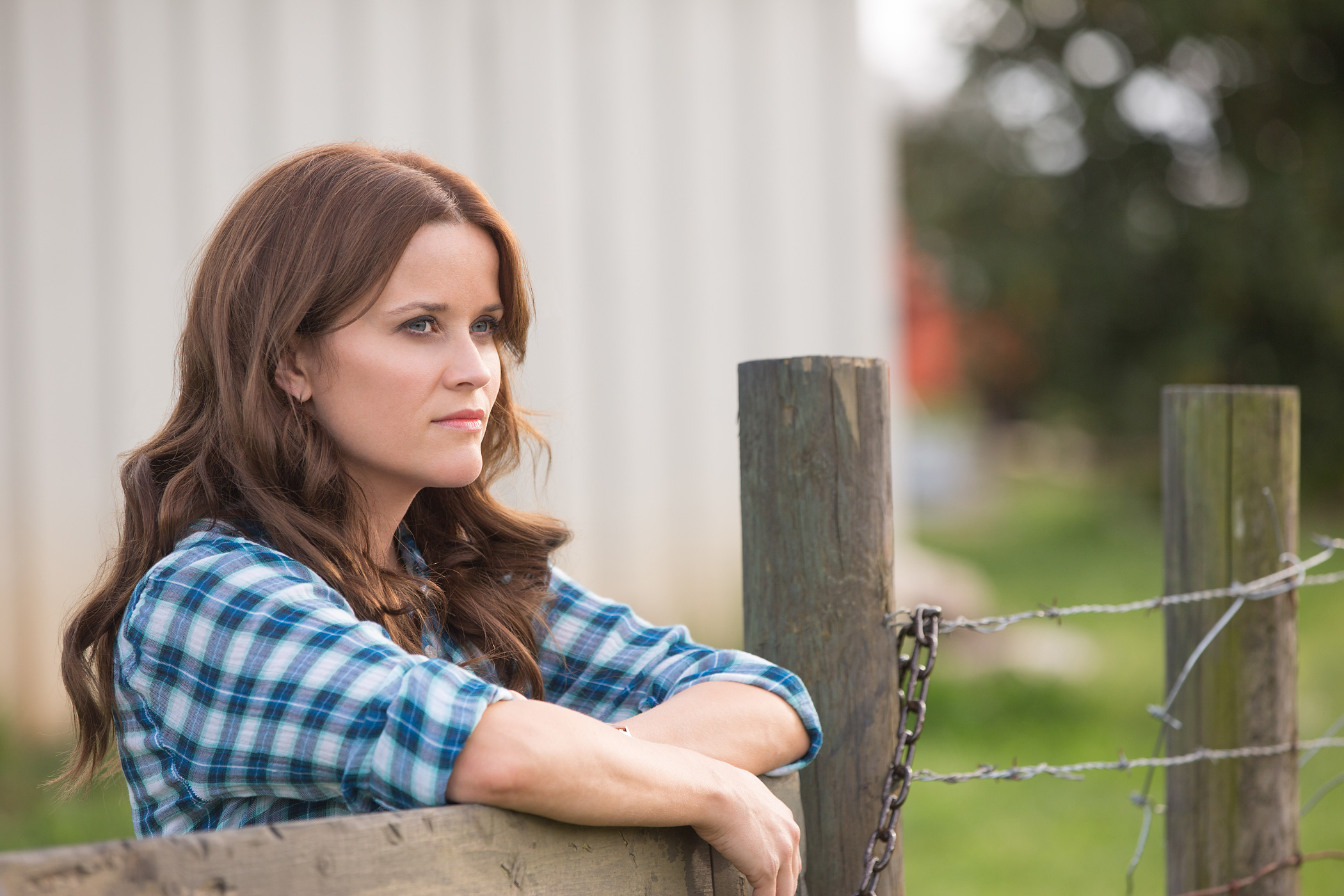
Africa is the continent that the rest of the world prefers not to think about. (Or, as Stephen Colbert calls it, Whocaresistan.) War, death, famine and pestilence — the full team of apocalyptic horsemen — have ravaged the land. If murderous militias don’t devastate the population, then maladies like AIDS and Ebola will. Yet few outsiders care, unless they worry that an African disease might spread to “civilized” areas, like Dallas. The continent with the worst tragedies and atrocities has the least purchase on our generosity — even our pity.
So when Hollywood makes movies about Africa, which isn’t that often, it imports white stars as the attractive mediators of remote, unsolvable problems. Casting Leonardo DiCaprio in Blood Diamond, or James McAvoy in The Last King of Scotland, provides an outsider view of exotic catastrophes, and a rooting interest for the mass of American and European viewers. The perhaps unintended consequence of using famous actors, in films that are almost always written and directed by whites, is that Hollywood essentially “colonizes” African stories. It’s about Us, not Them.
The poster for The Good Lie is dominated by a giant closeup of Reese Witherspoon, gazing upward with a smile infused by inspiration. On the bottom half is a long shot of three African children walking across a savannah; and in the middle, the tag line “Miracles are made by people who refuse to stop believing.” The apparent message: A good white woman, played by an Oscar-winning actress, will steer these winsome black children toward a happy ending. And Christian moviegoers, who this year have turned such low-budget faith-based films as Heaven Is for Real, God’s Not Dead and Son of God into substantial hits, are urged to come see the miracle.
In fact, Witherspoon is a supporting player in The Good Lie, which fictionalizes the true, horrendous ordeal of the Lost Boys of Sudan in the 1980s and ’90s. Caught in a brutal civil war that killed their parents and threatened them with abduction or death by the Sudanese People’s Liberation Army, many boys and girls walked hundreds of miles to the Kakuma refugee camp in Kenya. (Most of the South Sudanese were raised as Christians; the SPLA followed an egregious form of Islam.) Some of the children who survived the trek, when they became adults, were brought to the U.S. by Catholic charities and other religious groups to attempt a new life in an alien but far less hostile environment.
That’s where Witherspoon shows up, as Carrie, a Kansas City, Mo., job counselor. But it’s still the Lost Boys’ story. Covering some of the same events documented in Christopher Quinn’s 2006 God Grew Tired of Us, the movie takes its title from Huckleberry Finn’s distinction of good and bad lies — a good lie is one you tell to right a wrong or save a soul — and in that sense the film’s poster is a good lie: It distorts the priorities, but might get people into a worthy movie they’d otherwise ignore.
When the SPLA invades their villages, kills most of the adults and tries to consign the children to joining their army or serving as infant prostitutes, three boys and a girl flee. They must teach themselves to become predators, feasting on an antelope killed by leopards, and to cross a river clogged with corpses. Only their mantra “I want to live, I do not want to die” sustains them until they reach Kenya’s Kakuma refugee camp.
Years later, as young adults, Mamere (Arnold Oceng), his sister Abital (Kuoth Wiel) and their fellow escapees Jeremiah (Ger Duany) and Paul (Emmanuel Jal) find homes in the U.S.: the men in Kansas City, but Abital stranded in Boston. Suddenly the film boomerangs into a Coming to America culture-clash fable. The young men haven’t been taught how to use a telephone, or why the supermarket that hired two of them throws out good food when people are hungry. Paul, hassled by two slacker coworkers when he does his job with annoying efficiency, wonders what’s in the funny cigarette they gave him. And Mamere prays to be reunited with his beloved sister Abital.
Screenwriter Margaret Nagle (Boardwalk Empire) and French Canadian director Philippe Falardeau (whose Oscar-nominated drama Monsieur Lazhar describes the culture clash of an Algerian man teaching in a Montreal elementary school) make Carrie a blowsy type with the requisite big heart, handling the bureaucratic red tape and shouting, “Who do I have to screw around here to see a goddam immigration supervisor?” The four African actors — all refugees or their children, and two who were forced to serve in the SPLA — excel at the heavy emotional lifting. Their harrowing biographies lend heft to a story drenched in heartbreak.
The lumpiness of The Good Lie’s progression — from infancy to adulthood, and from ethnic horror to gentle social comedy to a heroic gift of freedom — proclaims the film’s respect for facts and truths that can’t be squeezed into a smooth narrative. Besides, if this story from the Lost Continent is not a tale of resourceful Good confronting and outrunning the most rapacious evil, then what is? And if a moviegoer can’t cry for the great tragedy of these Sudanese children, and be touched by their small victories, then who on earth deserves our tears and cheers?
More Must-Reads from TIME
- Inside Elon Musk’s War on Washington
- Meet the 2025 Women of the Year
- The Harsh Truth About Disability Inclusion
- Why Do More Young Adults Have Cancer?
- Colman Domingo Leads With Radical Love
- How to Get Better at Doing Things Alone
- Cecily Strong on Goober the Clown
- Column: The Rise of America’s Broligarchy
Contact us at letters@time.com